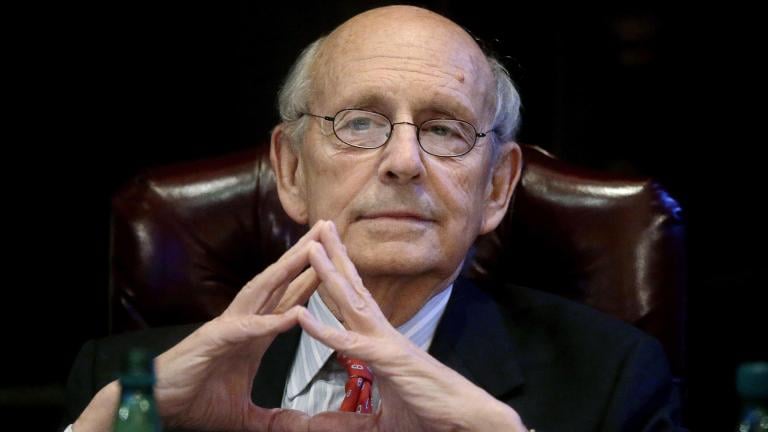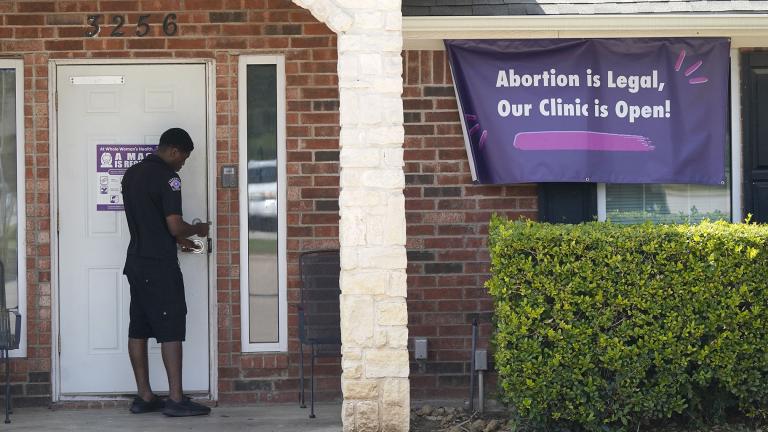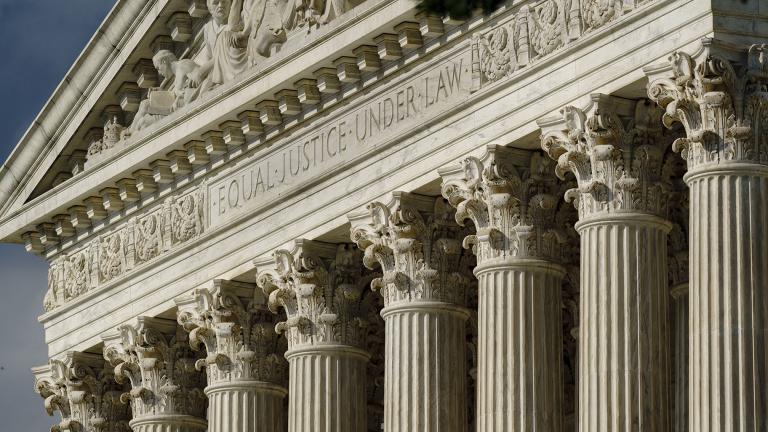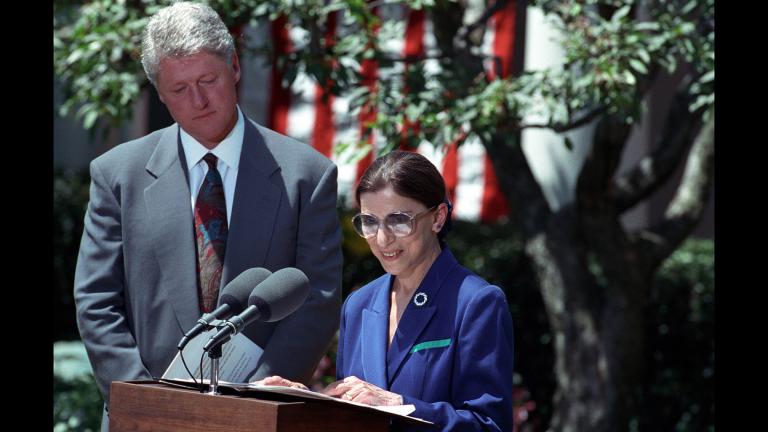The Supreme Court issued a blockbuster decision Thursday on the Trump administration’s plan to add a citizenship question to the 2020 census. In the 5-4 ruling, the opinion says the government had provided a “contrived” reason for wanting the information.
“We are presented, in other words, with an explanation for agency action that is incongruent with what the record reveals about the agency’s priorities and decision making process,” wrote Chief Justice John Roberts in the court’s opinion.
“The reasoned explanation requirement of administrative law, after all, is meant to ensure that agencies offer genuine justifications for important decisions, reasons that can be scrutinized by courts and the interested public. Accepting contrived reasons would defeat the purpose of the enterprise.”
The other hot-button decision Thursday was on partisan gerrymandering. The court ruled that political mapmaking is a political act – so the federal courts can’t intervene.
Below, a list of the Supreme Court’s major decisions of the 2018-2019 term:
Census: 5-4
Department of Commerce v. New York
The court ruled that the Department of Commerce has to provide a legitimate explanation for adding the question whether a person is a U.S. citizen to the census.
Partisan Gerrymandering: 5-4
Rucho v. Common Cause and Lamone v. Benisek
The court’s majority opinion states that gerrymandering is a political issue and federal courts cannot rule on political issues.
Separation of Church and State: 7-2
American Legion v. American Humanist Association
The court ruled that a 40-foot cross can remain on public property in Maryland because it was built as a memorial to those who served and died in World War I in 1925.
Race Discrimination: 7-2
Flowers v. Mississippi
In Flowers, the court ruled that was unconstitutional when a white state prosecutor in Mississippi kept black people off the juries that have heard the murder case against Curtis Flowers for the 1996 murders of four people. He’s been tried six times for the murders.
First Amendment: 6-3
Iancu v. Brunetti
The court ruled that Erik Brunetti, the owner of the clothing line FUCT, could trademark the name and that the federal law preventing the registration of “immoral” or “scandalous” trademarks was violated Brunetti’s free speech.
Joining us to talk about all the big decisions of the term:
Carolyn Shapiro, who clerked for Justice Stephen Breyer in 1996 and 1997. She is an associate professor of law at IIT’s Chicago-Kent College of Law where she is also the co-director of the Institute on the Supreme Court of the United States. She served as the Illinois solicitor general.
Travis Lenkner, who clerked for Justice Kennedy in 2008 and 2009. Before that, he clerked for Judge Brett Kavanaugh before Kavanaugh was named to the Supreme Court. He is now managing partner at Keller|Lenkner.
Michael Scodro, who clerked for Justice O’Connor from 1998 to 1999. He also served as the Illinois Solicitor General and is a partner at Mayer Brown.
Taylor Meehan, who was at the Supreme Court from 2015 and 2016 and was clerking for Justice Scalia at the time of his death and then for Justice Thomas. She is now at the law firm Bartlit Beck.
Related stories:
Supreme Court Allows Partisan Districts, Blocks Census Query
High Court Avoids New Case over Same-Sex Wedding Cake
Supreme Court Hears Arguments Over Census Citizenship Question








